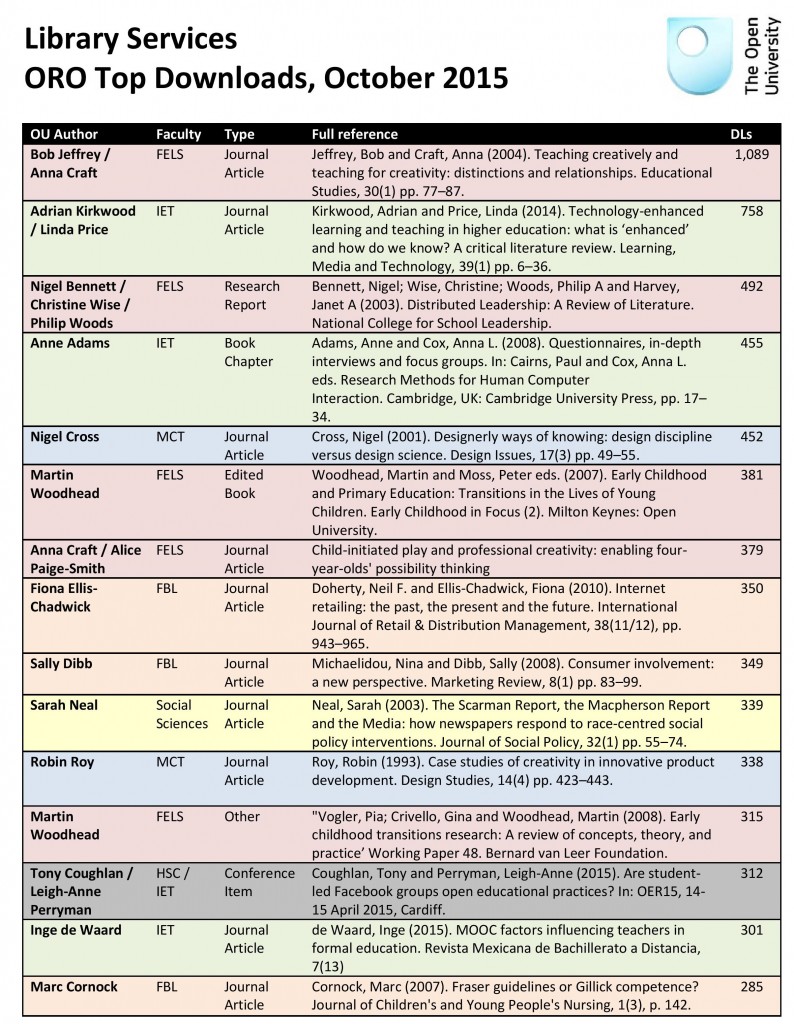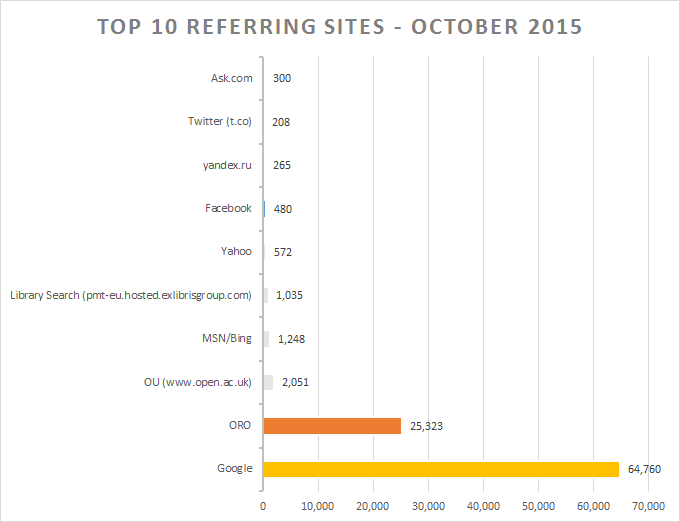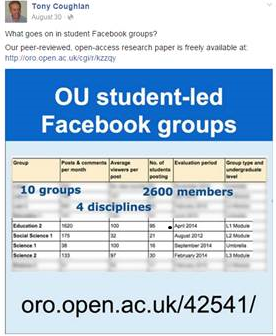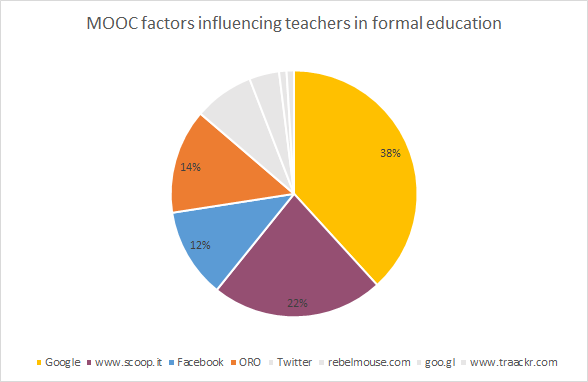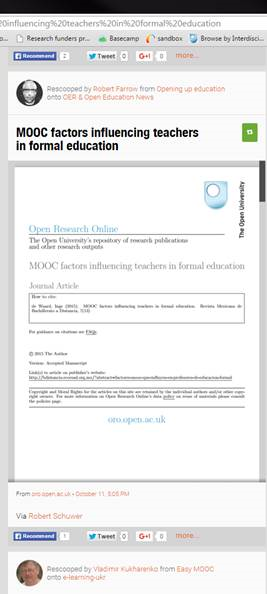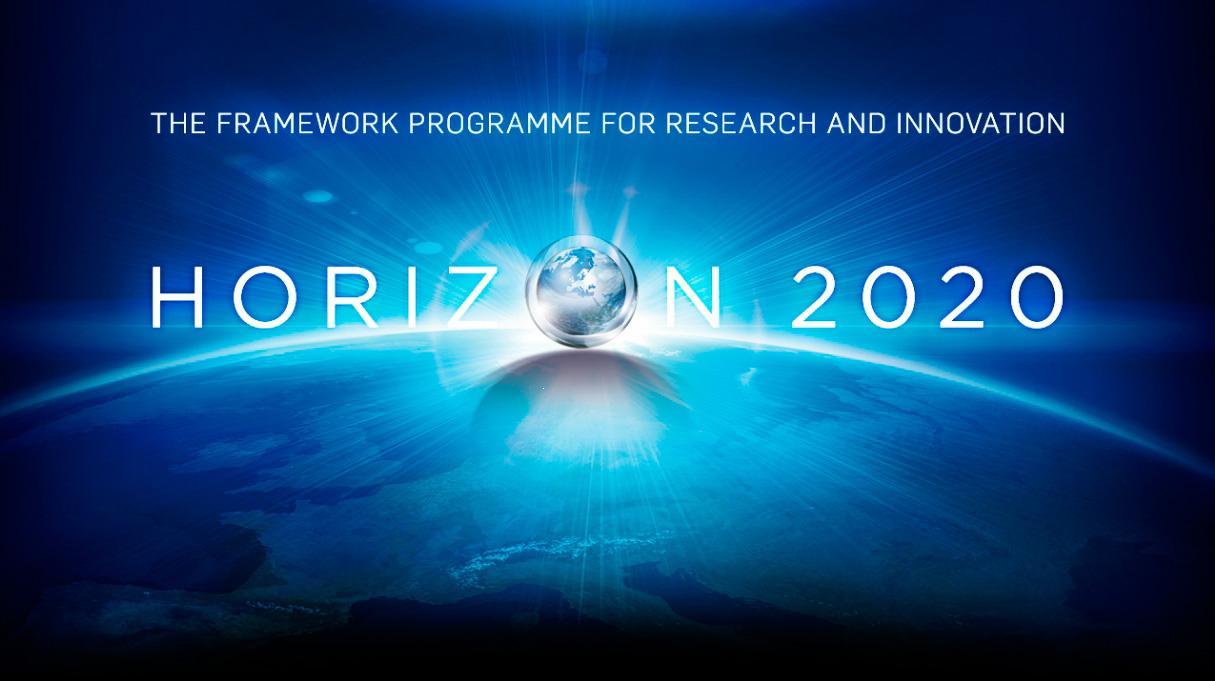Due to the various institutional subscriptions we have with academic publishers, several off-setting deals are now available to OU researchers who wish to publish Gold Open Access.
Springer
 OU researchers publishing in Springer can get articles published Gold at no extra charge. To be eligible you need to be:
OU researchers publishing in Springer can get articles published Gold at no extra charge. To be eligible you need to be:
- Publishing in a Springer Open Choice journal i.e. a Springer hybrid journal AND
- The corresponding author AND
- Affiliated to the OU AND
- Publishing either an Original Paper, Review Paper, Brief Communication or Continuing Education (Springer terminology)
Sage
Sage currently offer a discounted APC of £200 to all Open University researchers publishing in SAGE Choice journals as the corresponding author.
The reduced rate is a result of the OU’s current subscription to the SAGE Premier Collection.
To access the discounted rate corresponding authors should enter Nesli2015 in the University/Institution Account Code field enter £200 in the Discounts/special journal pricing may apply field and Nesli in the Promo Code field on completion of forms at point of acceptance.
Taylor & Francis
Taylor and Francis currently offer a discounted APC rate of £450 + VAT for OU researchers publishing in a T&F Open Select (hybrid Open Access) journals. A full list of eligible journals can be found here: T&F eligible Open Select journals.
Royal Society of Chemistry (RSC)
RSC have a voucher system – if you are publishing with RSC please contact library-research-support@open.ac.uk and we will issue you with a voucher.
Completing a very simple online form with this voucher & the Digital Object Identifier (doi) or Manuscript Number will get your article published Gold Open Access with no additional costs.
Policy Press offer a 20% discount on APCs for OU authors as the OU currently subscribes to their online content. This reduces the price of an APC with Policy Press from £1,500 to £1,200.
Please note that Library Services can only pay APCs for articles that are the result of a RCUK funded project. For more information see the Open Access intranet site.
Any queries please contact: library-research-support@open.ac.uk






